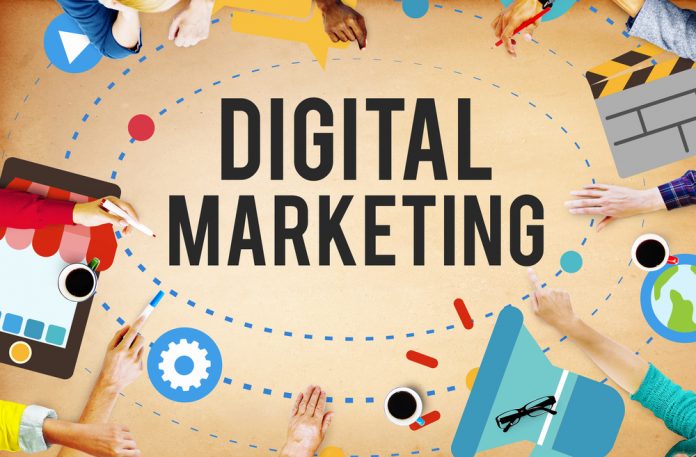Digital marketing has become an increasingly important part of hotel promotion in recent years. No longer is it enough for a hospitality marketing agency to put out a few print ads in travel brochures and hope they will reach their audiences; having an online presence is essential.This is having a big impact on the marketing arena as a whole.
According to an Adobe study, 76 per cent of people think that marketing has changed more in the past two years than it did in the previous 50 thanks to the advent of smartphones and their ‘always-on’ capabilities.Responding to this, some 88 per cent of marketers planned to increase or at least maintain their spending levels on digital this year, according to ALF Insight, while Ascend2 found that 81 per cent of companies rate their digital marketing strategy as successful to some extent in achieving their important goals.A sound digital marketing strategy is a must if you want your hotel to stand out from the competition as it represents communication and engagement, group influence and content driven by communities.
There are two types of digital marketing: inbound such as organic search, blogs, reviews and social media marketing, and outbound including email marketing and text messaging. So, what are the biggest trends in digital marketing this year that are likely to continue into next? Here are six that are well worth a mention for hotel owners looking to up their game and boost reservations.
1. Search engine optimisation Don’t write search engine optimisation off as passé because it is still very much a part of the digital marketing arena. Even hotels with the very best websites need travellers to be able to find it in search listings, so they have to employ SEO tactics such as long-tail keywords to achieve this.However, you should brush up on the latest SEO developments in order to make the most of it and to avoid committing cardinal sins such as cramming as many keywords into text as possible on the hope that Google will discover it.
2. Mobile marketing Mobile phones are no longer simply vehicles for receiving texts and phone calls – they are computers in our pockets and people are increasingly using them for travel research. Hotel websites need to be optimised for mobiles to ensure they work across a variety of devices and properties should aim to create content that is easily shared by phones to tap into an audience daydreaming about travel on the daily commute.
3. Social media It used to purely be a vehicle for communicating with friends, but social media is so much more than this in 2016 and now helps brands to engage with their customers – and vice versa.Successful marketing via social media is all about creating a story and then sharing posts that support it to generate interest, build connections and inspire people to travel (and subsequently make bookings with your hotel).Social media communities that like and trust your hotel name can become incredible and loyal brand ambassadors, which helps to create a word of mouth buzz that can’t be bought, so making a real effort in this area of marketing is well worth it.
4. Email marketing Email marketing is one of the oldest forms of online communication but again, don’t write it off as over the hill. According to Campaign Monitor, there was a 3,800 per cent return on investment for email marketing in 2015, which makes it a hugely powerful tool considering the small amount of money you need to spend on it.
Branding, lead generation and awareness are the key goals for this form of marketing, so take a fresh look at your strategy and ensure it’s still working the way it should be.
5. Rich media Where once hotel websites were limited to words and pictures, they can now deliver so much more to their target audiences. Marketers should be including 360-degree videos, slideshows, audio (but not auto-playing audio), graphics and more in order to encourage web visitors to stay and look around.Videos translate to lower bounce rates and better engagement – and with Google considering incorporating them into search results, there’s no excuse not to make the most of them.
6. Reviews Peer reviews are massively influential for travellers looking to book hotel stays, with 81 per cent of respondents to a TripAdvisor study citing them as important. Furthermore, half said they wouldn’t make a booking at all if the property didn’t have reviews – so they should definitely be part of your digital marketing strategy.
We’ve written extensively about how to ensure reviews work to your advantage in the past, so do check our archives if you want a more in-depth look at this topic. However, as a basic guide, get them published prominently, monitor them and respond quickly and appropriately to any negative ones. Hotel marketing continues to evolve rapidly and 2017 could see some game-changing new promotion techniques, but those above continue to be important for the time being and so might be worth revisiting if you want to raise your property’s profile.







